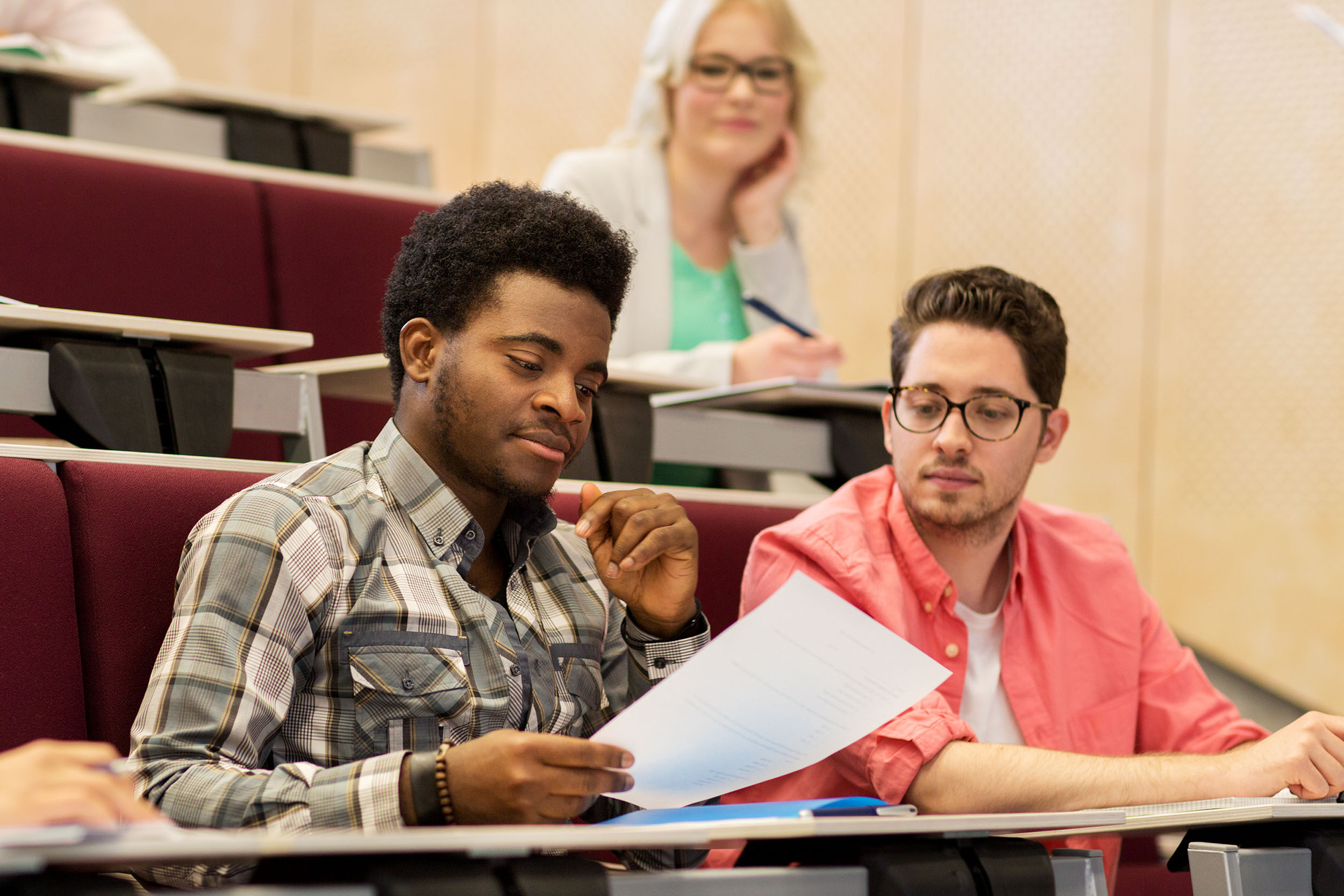Completed
Student mobility and disability
Disability issues
Students with disabilities study abroad to a much lesser extent than other students. In the student mobility and disability project, the reasons for this have been highlighted and discussed. Among other things, it has been shown that clearer information, better interaction between the different departments of higher education institutions and more knowledge among staff could get more students with disabilities to apply for study abroad.

The Nordic Welfare Centre has, on behalf of the Nordic Council of Ministers for Education and Research and in collaboration with the Nordic Network of Disability Coordinators (NNDC), conducted a series of seminars at various locations in the Nordic region. The seminars have focused on obstacles and solutions to promote increased mobility within the Nordic region for students with disabilities. This project has been an activity within the Nordic Council of Ministers’ action plan for work on disabilities 2018-22.
Discussions have led to recommendations
A total of eight seminars and round tables were held in 2018 and 2019. The seminars have been based on the report Equity in student mobility in Nordic higher education. This revealed, among other things, that students with disabilities are studying abroad to a very small extent. Only one per cent of students who took part in an exchange programme had a registered need for support and service. This is despite the fact that these students wanted to study abroad and that for various reasons they would benefit particularly greatly from studying abroad as a qualification for further studies and in their future professional life. The report lists barriers and opportunities, among other things, as well as proposals for solutions.
During the seminar tour, the results of the report have been discussed with students and staff from a number of universities. From this, a number of ideas have been developed about how to increase the number of students with disabilities who study in another Nordic country. The discussions have been summarised in the project report Seminarieturné Studentmobilitet och funktionshinder.
Some of the lessons learned during the seminar tour are as follows:
- Role models are needed who can act as inspirers and ambassadors for students with disabilities
- There are various types of support – national, Nordic, European and international – which are not being used
- Greater flexibility is needed in mobility and exchange programmes so that students can study part-time and make shorter exchanges, or exchanges that are otherwise adapted to the student’s functional capacity
- Higher education institutions’ staff need to be on hand to answer questions
- Departments within the higher education institutions that are responsible for studying abroad, accessibility and support respectively, and with which the students come into contact, need to get to know each other better
- Information for students needs to be clearer and more accessible
- In order to better understand what is needed, higher education institutions need to listen more to students with disabilities who have experience of studying abroad.
